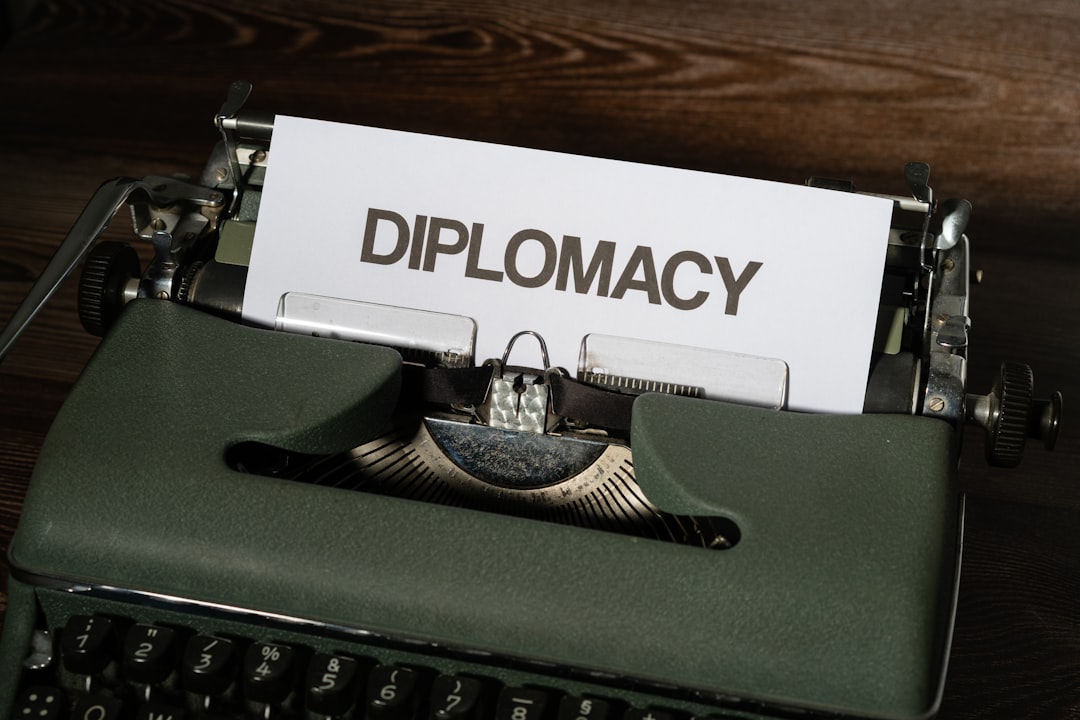The Diplomacy of Silence: When Saying Nothing Speaks Volumes
Silence can be a country's most eloquent language. In the theatre of international relations, what isn’t said often carries more weight than a thousand speeches. Japan’s posture of “vigilance” and discretion—watching global crises closely but declining to declare allegiances—might seem noncommittal at first glance. But history tells us that keeping mum can be a powerful strategy.
Consider Japan’s unique postwar constitution, written under the shadow of the United States but formed out of deep national trauma. Article 9 famously renounces war as a sovereign right. This single clause has shaped more than seven decades of Japanese foreign policy. When conflict brews far from its shores, Japan is perpetually walking a diplomatic tightrope: aspiring to be a reliable ally to the West, yet haunted by the specter of its militarist past and the overwhelming public preference for peace.
But silence isn’t just a shield; sometimes, it’s a signal—of quiet calculation, of resistance, or of solidarity with unseen partners. During the Suez Crisis in 1956, India maintained a policy of non-alignment but worked feverishly behind the scenes to broker peace. More recently, “strategic ambiguity” has become a buzzword for states balancing between superpower pressures, from Taiwan’s security to Europe’s NATO commitments.
So what happens when a nation’s reticence is itself newsworthy? In a hyper-connected age, silence invites speculation: Is Japan recalibrating its long-standing pacifism, or reinforcing it? Does watching in silence prepare a nation for action, or hold it back from entanglement?
In diplomacy, sometimes the quietest rooms are where the future is decided.
This article was inspired by the headline: 'Japan vigilant amid Iran conflict, keeps mum on support for US attacks'.

Comments
No comments yet. Be the first to comment!